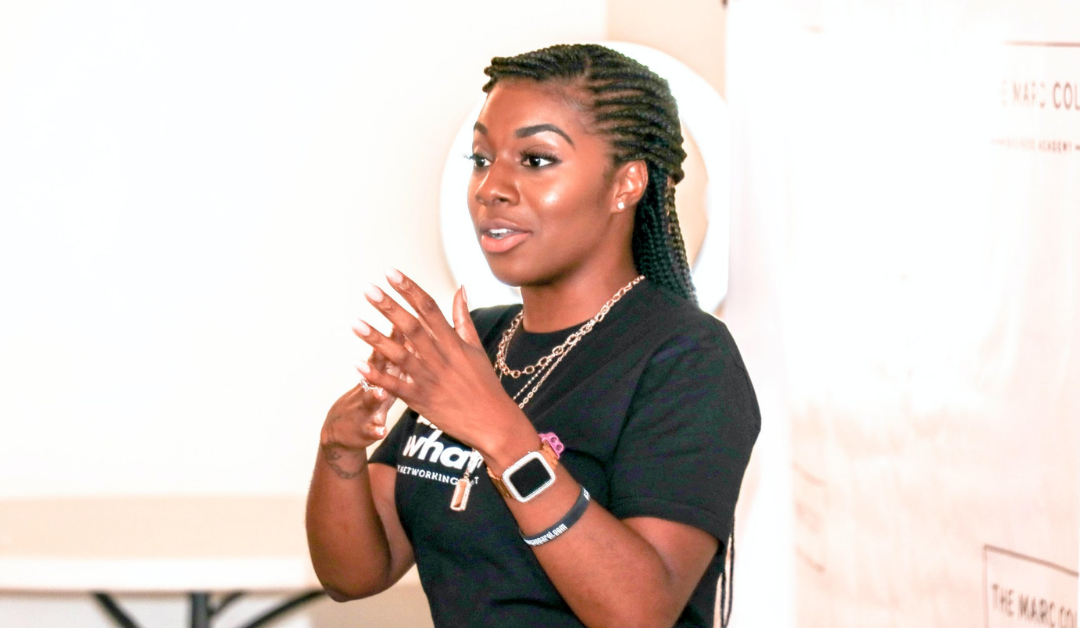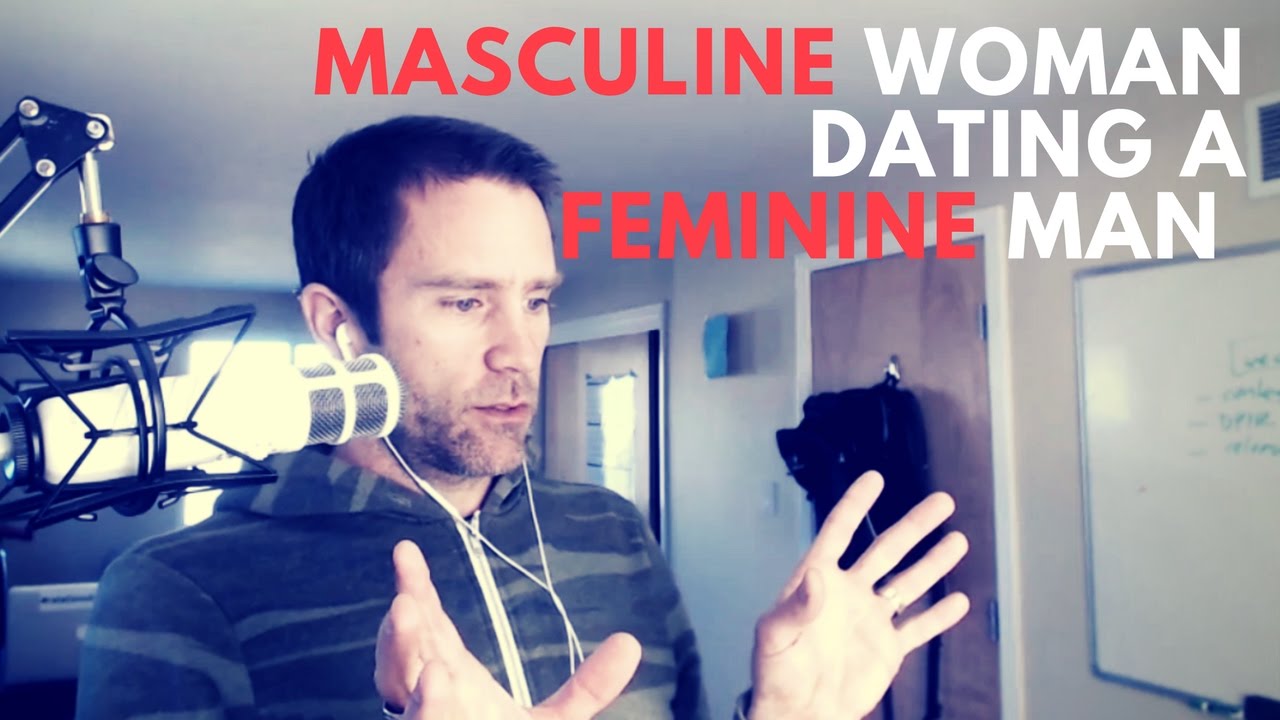One Tool to Help Coaches and Therapists Work with Clients
If you’re someone who works with people on a regular basis—like a therapist or coach—I have one tool I’d like to suggest for you.
You’ve probably noticed as you’ve worked with a wide range of clients that people tend to prefer someone authentic.
Especially when a person is working on themselves and their relationships, they’re generally trying to be authentic—and they’re looking for that authenticity in you.
They don’t want a blank screen or mindless nodding in response to their problems.
They want a real person, one who’s human just like they are, to sit and listen to them, support them, and travel with them on their growth path.
This type of authentic person is the kind of guide most people want.
With that in mind, I’d like to share this tool with you.
Sharing Impact
It’s called sharing impact. This is how it works.
Let’s say a client shares something with you that’s going on in their relationship and you feel like it’s pretty messed up and unfair.
A neutral therapist might just say, “Hmm, that’s interesting,” and leave it at that.
Yes, that therapist is trying to stay unbiased and keep from sharing their opinion, which can be skillful.
But a real person might say, “What? That feels super unfair,” or “Hey, that’s messed up.”
“Why are you letting your partner treat you that way? That would feel pretty bad to me.”
Why do this? Why not just listen, nod, and stay neutral?
The Relationship Coach Difference
This is where the relationship coach approach comes in. As relationship coaches, we focus on tracking relational dynamics and teaching our clients how to improve their relational skills in each moment.
So we can tell the client, “Hey, it’s not cool that you’re being treated this way,” because it can be a big wake-up call for them.
They might realize they haven’t been true to themselves or that they’ve been living in some alternate reality where they let a person treat them in a way they don’t want or that doesn’t feel right.
See, it’s our job as relationship coaches to study all the dynamics of relationships and to share what we learn with our clients. That’s the reason they’re coming to us.
So we can teach them to be fair and treat each other right, like a team, just as we’ve been learning.
For these reasons, I think it’s important for you as a relationship coach to let your client know when something seems off.
It’s Okay to Be Biased Sometimes
A lot of times, coaches and therapists think they should have a hands-off approach. “Hey, it’s their life. They can make their own choices.”
You think you’re unbiased, but you’re not.
If a person comes to you and they’re in an abusive relationship, you don’t want to just sit there, listen, and say, “Oh, that’s interesting.”
No, it should be, “Get out! How can we help you get out of this relationship?”
Tell the client they deserve to be in a relationship with someone who meets them halfway. It’s supposed to be a mutual relationship, so they need to know they can ask for that.
They’re coming to you for help because they want to grow and move forward. They don’t have all the tools you have, so that’s why I encourage you to share the ones you have with them.
Here’s a quick video about sharing impact:
Stay Authentic
At The Relationship School, we want to encourage you to be a real, authentic person with your clients.
That doesn’t mean you put yourself on moral high ground, telling them what to believe or feel. You really aren’t even giving them a bunch of advice.
You’re just sharing impact, such as “Listening to you talk about your ex, I feel really defensive.”
Or, “That doesn’t feel very good to me.”
“I feel angry when I hear you describing the way you’re being treated in your relationship.”
“It sounds unfair to me.”
When your client hears that real, human response from you, it might prompt them to go, “Maybe I need to make some different choices.”
And that’s going to be more impactful than just saying, “I understand,” or “That’s interesting.”
There are two very important podcasts on sharing impact and how to do it well. Listen to both here:
Our style of relationship coaching is called Present Centered Relationship Coaching and helps clients learn how to do better in their relationships by using the here and now between coach and client. Check out our description here.
If you’re interested in finding out more about helping others through becoming a coach, check out our free training here.
_______________________________________________
Photo Credit: Dylan Ferreira – Unsplash













